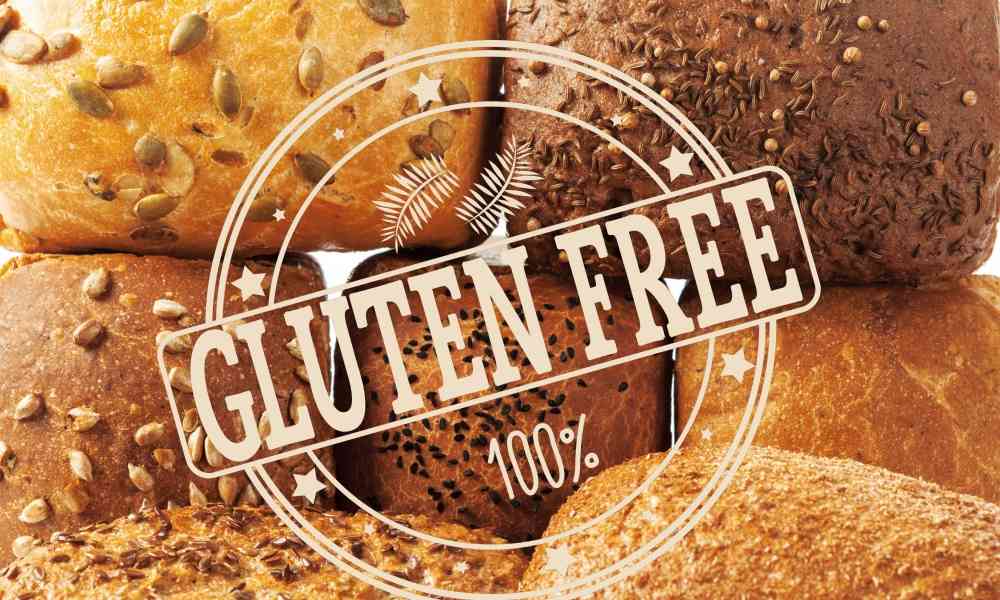Gluten-free and wheat-free diets have become increasingly popular in recent years, with more and more people looking to avoid consuming these ingredients due to various health reasons. If you're planning to visit Morocco and you have dietary restrictions, you might be wondering if it's possible to find gluten-free or wheat-free food options in the country. The good news is that it's definitely possible, but it does require a bit of preparation and research.

First of all, let's clarify what we mean by gluten and wheat. Gluten is a protein found in wheat, barley, and rye. It's what gives dough its elasticity and helps it rise. Wheat, on the other hand, is a type of grain that contains gluten. Some people may be allergic to wheat specifically, while others may be sensitive to gluten in general.
In Morocco, wheat is a staple food ingredient that's used in many dishes, such as couscous, bread, and pastries. However, the country also has a rich culinary tradition that includes a variety of gluten-free and wheat-free options. Here are some tips on how to find them:
1. Know your vocabulary.
Before you go to Morocco, it's a good idea to learn some basic Arabic or French phrases that will help you communicate your dietary needs. For example, you could say "Je ne peux pas manger de blé" (I can't eat wheat) or "Je suis intolérant(e) au gluten" (I'm intolerant to gluten). You could also learn the names of common gluten-free grains like quinoa, buckwheat, and rice.
2. Research local dishes.
Moroccan cuisine offers a lot of options for gluten-free and wheat-free eaters. For example, tagine is a classic Moroccan dish that's typically made with meat, vegetables, and spices, and it can easily be made without wheat. Other dishes that are typically gluten-free or wheat-free include grilled fish, meat skewers, and salads. However, it's important to be aware of certain ingredients that might contain gluten, such as couscous, semolina, and harissa (a spicy paste made with chili peppers).
3. Look for specialty stores.
If you're staying in a larger city like Casablanca or Marrakech, you might be able to find specialty stores that cater to gluten-free and wheat-free diets. These stores may sell products like gluten-free bread, pasta, and snacks. However, keep in mind that these products might be more expensive than what you're used to paying, so it's a good idea to bring some of your own snacks and staples from home.
4. Communicate with your server.
When you're eating out in Morocco, it's important to communicate your dietary needs clearly to your server. Don't be afraid to ask questions about the ingredients in a dish or to request substitutions. Some restaurants may be willing to make accommodations for gluten-free or wheat-free eaters, while others may not be as familiar with these diets.
5. Be prepared.
Finally, it's important to be prepared for unexpected situations. For example, if you're traveling to a more rural area of Morocco where gluten-free or wheat-free options might be scarce, you may want to bring some of your own snacks or meal replacements. It's also a good idea to carry a card or note in Arabic or French that explains your dietary restrictions, so that you can show it to servers or store clerks if you need to.
In conclusion, while it might require a bit of extra effort, it's definitely possible to eat gluten-free or wheat-free in Morocco. By doing your research, communicating clearly, and being prepared, you can enjoy the delicious flavors of Moroccan cuisine without worrying about your dietary restrictions. O que é wheat gluten is simply one ingredient that you can avoid in Morocco, as long as you're willing to put in a bit of effort.